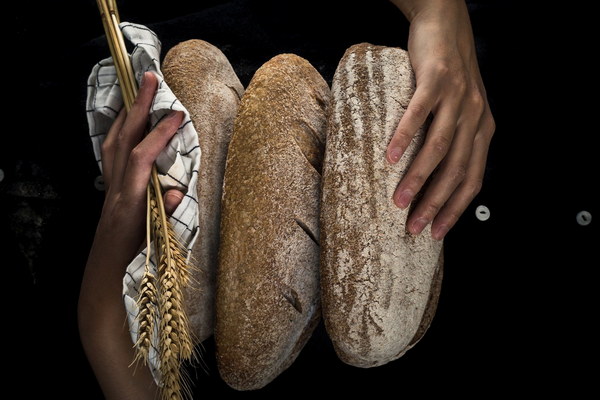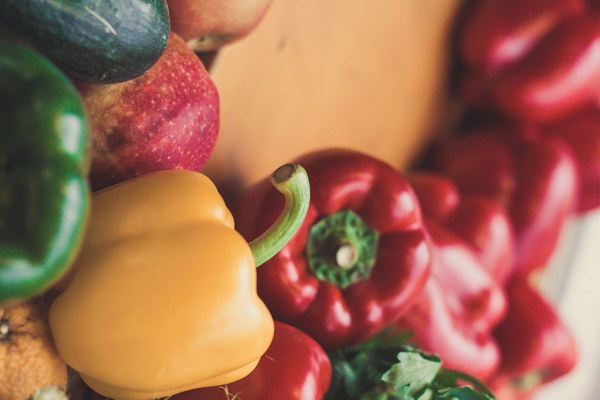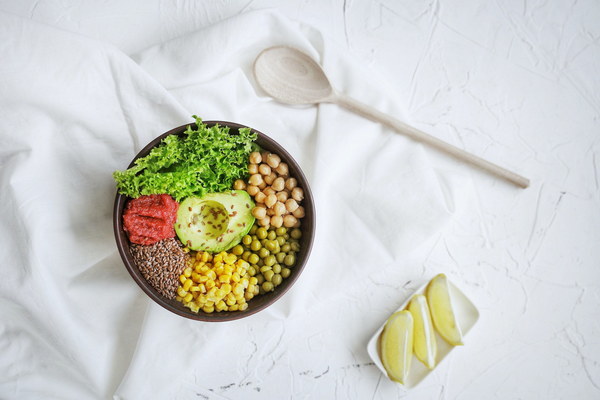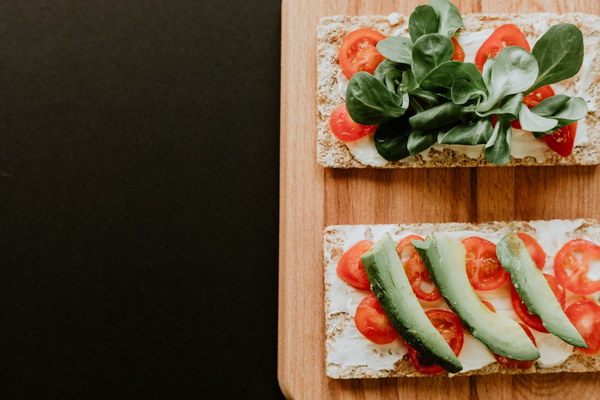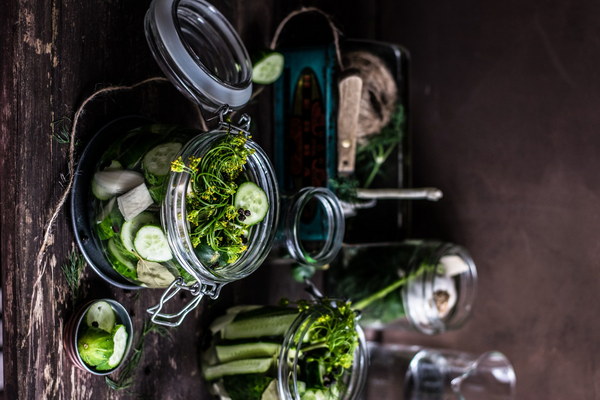Top Nutritional Tips for Prostatitis What to Eat for Better Health
Prostatitis, the inflammation of the prostate gland, is a common condition affecting men. It can cause discomfort, pain, and urinary issues. While medication and lifestyle changes are often recommended, dietary adjustments can also play a significant role in managing prostatitis symptoms. This article outlines the top nutritional tips for prostatitis, focusing on foods that can help alleviate symptoms and promote overall health.
1. Stay Hydrated
Proper hydration is essential for maintaining healthy urinary function. Drinking plenty of water throughout the day can help flush out bacteria and reduce the risk of urinary tract infections, which can exacerbate prostatitis symptoms. Aim for at least 8 glasses of water per day, and increase this amount if you have a history of urinary issues.
2. Incorporate Prostate-Healthy Foods
Several foods are known to support prostate health and may help reduce prostatitis symptoms:
a. Selenium-Rich Foods: Selenium is a mineral that plays a crucial role in maintaining a healthy prostate. Good sources of selenium include Brazil nuts, fish like salmon and sardines, and whole grains such as brown rice and oatmeal.
b. Lycopene-Rich Foods: Lycopene is an antioxidant found in tomatoes and tomato-based products, like tomato sauce and salsa. Studies have shown that lycopene may help reduce the risk of prostate cancer and alleviate prostatitis symptoms. Incorporate tomato products into your diet, such as soups, stews, and salads.
c. Omega-3 Fatty Acids: Omega-3 fatty acids, found in fish, flaxseeds, and walnuts, have anti-inflammatory properties that may help reduce prostatitis symptoms. Aim to consume at least two servings of fatty fish per week, such as salmon, mackerel, or sardines.
d. Vitamin D-Rich Foods: Vitamin D is important for maintaining a healthy immune system and may help reduce the risk of developing prostatitis. Foods high in vitamin D include fatty fish, fish liver oils, egg yolks, and fortified dairy products.
3. Limit Certain Foods
Certain foods can exacerbate prostatitis symptoms and should be limited in your diet:
a. Spicy Foods: Spicy foods can cause irritation to the prostate gland and worsen pain and discomfort. Avoid or limit the consumption of spicy dishes, such as those containing chili peppers, curry, or hot sauce.
b. Caffeinated and Alcohol-Based Beverages: Caffeine and alcohol can irritate the bladder and worsen urinary symptoms. Reduce your intake of coffee, tea, soft drinks, and alcoholic beverages.
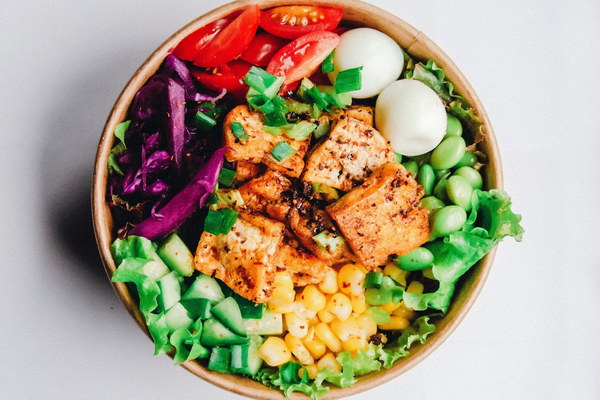
c. Processed and Refined Foods: High levels of inflammation are associated with prostatitis. To reduce inflammation, avoid processed and refined foods, which can contribute to chronic inflammation. Opt for whole, unprocessed foods instead.
4. Maintain a Balanced Diet
A balanced diet rich in fruits, vegetables, lean proteins, and whole grains can help support overall health and reduce the risk of prostatitis symptoms. Here are some additional tips for maintaining a balanced diet:
a. Include a variety of fruits and vegetables in your diet to ensure you're getting a wide range of vitamins, minerals, and antioxidants.
b. Choose lean protein sources, such as chicken, turkey, fish, and legumes, to provide essential nutrients without adding excess fat or inflammation.
c. Limit saturated and trans fats found in fried foods, baked goods, and processed snacks. Instead, opt for healthy fats from sources like avocados, nuts, and olive oil.
5. Consult with a Healthcare Professional
Before making significant changes to your diet, it's essential to consult with a healthcare professional. They can provide personalized advice based on your specific health needs and ensure that any dietary changes align with your treatment plan.
In conclusion, a well-balanced diet rich in prostate-healthy foods, proper hydration, and limiting certain irritants can help manage prostatitis symptoms and support overall health. By incorporating these nutritional tips into your daily routine, you can take an active role in managing your prostatitis and improving your quality of life.
